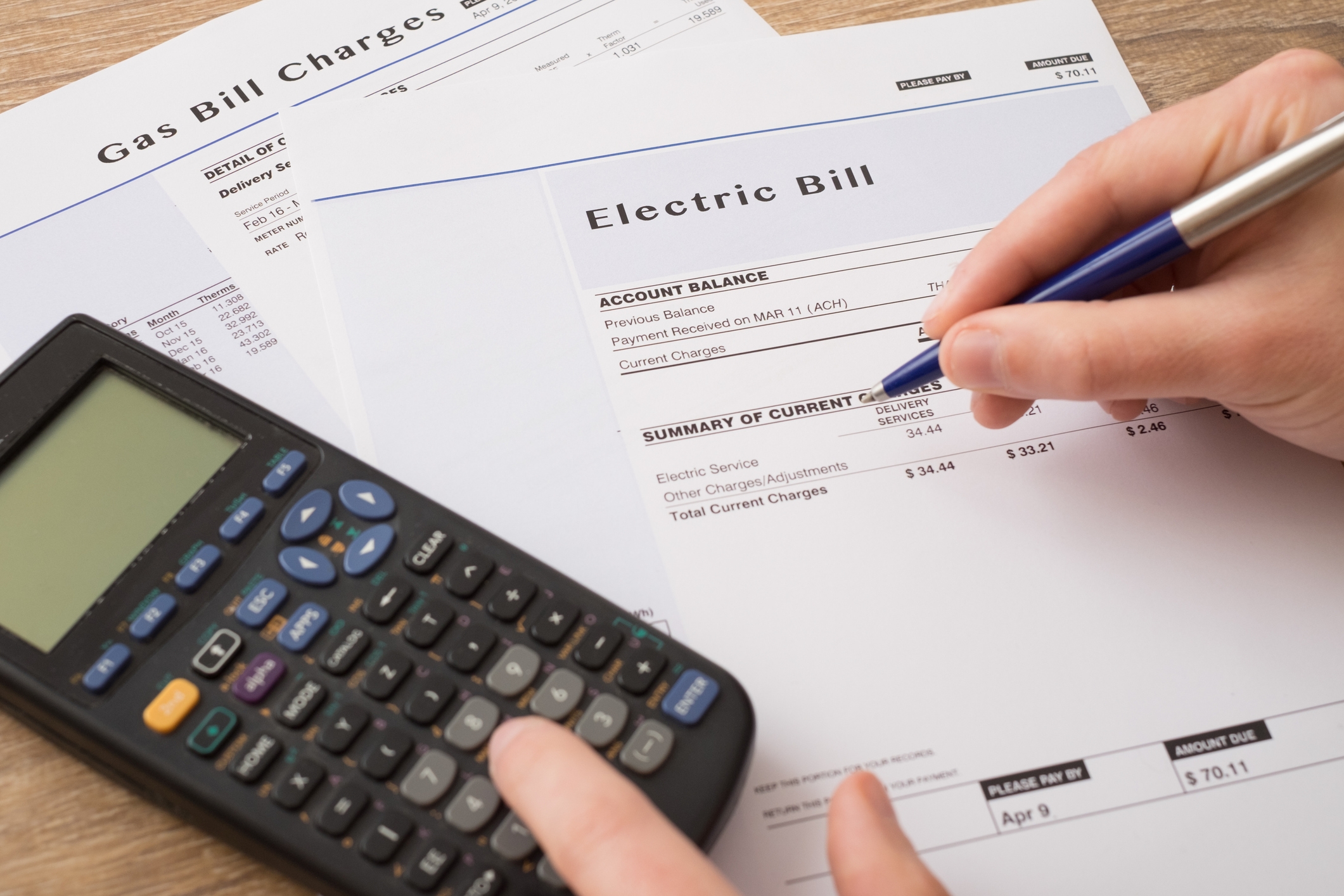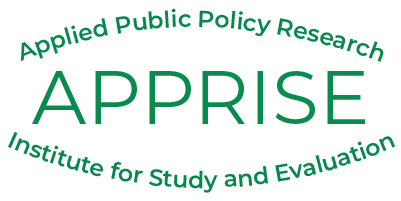RESEARCH AREAS
LOW-INCOME USAGE REDUCTION | BILL PAYMENT ASSISTANCE | RENEWABLE ENERGY PROGRAMS | MARKET TRANSFORMATION
Bill Payment Assistance Programs
Many different sources of energy bill payment assistance are available for low-income families. Federal, state, and utility-level sources of assistance include:
- LIHEAP – The federal Low Income Energy Assistance Program (LIHEAP) provides heating, cooling, and crisis assistance grants to low-income households.
- Universal Service Programs – State Universal Service Programs provide low-income households with bill discounts or percentage-of-income plans to lower their monthly energy burden.
- Utility Assistance Programs – Utility assistance programs also provide discounted bills for low-income households through rate discounts, bill credits, or percentage-of-income programs.
- Hardship Funds – Hardship funds, run by utilities or nonprofits, provide low or moderate-income households with lump-sum grants to prevent service termination or restore utility service.
APPRISE contracts with federal and state government agencies, utility companies, nonprofit organizations, and other organizations to provide research, evaluation, program planning, and technical assistance services for bill payment assistance programs.

Bill Payment Assistance Program Evaluation Activities
Process Evaluation includes administrative interviews, observation of program intake and service delivery, and documentation and analysis of program policies and procedures. These activities identify barriers that households may face in enrolling in a program, as well as administrative or procedural processes that affect the program efficiency and effectiveness.
Impact Evaluation includes statistical analysis of the program’s impact on bill payment, coverage rates, shortfall, balances, and energy usage. Impact analysis also examines the effect of the program on collections actions and collections costs. Comparison groups consisting of later program participants and eligible non-participants are used to net out impacts from factors that are exogenous to the program.
Survey Research includes the design, implementation, and analysis of customer surveys that assess customer knowledge of the bill payment assistance programs, the perceived impact of the program on energy affordability, and satisfaction with program services.
Data Tracking includes assessment of data tracking needs; analysis of existing data systems; and development of system recommendations to improve data availability for fiscal oversight, operational management, and program evaluation.
Needs Assessment includes analysis of public-use data sets, including the Census, Current Population Survey, and other national databases, to estimate the number of households eligible to participate in a bill payment assistance program based on criteria such as income, geographic location, and energy burden.
Technical Assistance includes provision of information on program design options and program procedures that meet the planned program’s goals. APPRISE also provides technical assistance in the implementation of program evaluation recommendations.
Policy Analysis includes modeling the impact of policy changes on program participation and program costs.
Non-Energy Impact Analysis includes assessment of the program’s impact on health and safety.
Performance Measurement includes development and measurement of indices that correspond to program goals and objectives. For example, performance measures may include program participation rates for segments of the eligible population, reduction in energy burden, or increases in bill coverage rates.
APPRISE Bill Payment Assistance Program Research and Evaluation
Below we provide a few examples of some of our recent bill payment assistance program research and evaluation projects. Click the tabs below to learn more about these projects, or see here for a full list of projects in this topic area.
Ameren’s Keeping Current Program provides electric bill payment assistance and arrearage forgiveness to low-income customers. APPRISE conducted four evaluations of the Keeping Current Program that included surveys, in-depth interviews, analyses of program benefits delivered, and analysis of the program’s impact on affordability, bill payment, and collections actions. The reports and presentations are available for download here.
Duquesne Light implemented Universal Service Programs to improve affordability for low-income customers. The programs include the Customer Assistance Program (CAP), which provides reduced payments and arrearage forgiveness; Smart Comfort, which provides energy efficiency and energy education services; CARES, which provides outreach and referral services; and the Hardship Fund, which provides emergency assistance. APPRISE conducted an evaluation of the performance of these programs and the integration among the different programs. The research included interviews with program and agency staff, a participant survey, and analysis of the impacts of the program on affordability and payment compliance.
APPRISE previously worked with the federal LIHEAP office to develop a performance measurement plan for targeting heating assistance to households with vulnerable members and a logic model to support that performance measurement plan. APPRISE also developed a separate model to examine the targeting of elderly households. APPRISE then extended the logic models to address all LIHEAP program components including cooling assistance, crisis assistance, home energy-related equipment repair and replacement, weatherization, and Assurance 16 activities. APPRISE also developed a logic model for targeting LIHEAP income-eligible households with at least one young child. The final report recommended an integrated strategy for implementing all of the logic models.
The New Jersey Statewide Heating Assistance and Referral for Energy Services (NJ SHARES) is a nonprofit corporation organized to provide assistance to individuals and families living in New Jersey who are in need of temporary help paying their energy bills. APPRISE conducted an annual impact evaluation of the New Jersey SHARES program from 2006 through 2019. The evaluations included analysis of administrative and utility data to assess the program’s impact on maintenance of electric and gas service and on energy bill payment. Some of the evaluations also included surveys and in-depth participant interviews to assess whether the crises had been resolved, what additional assistance was needed, and the interest and potential for energy efficiency program participation.
Louisville Gas and Electric Company and Kentucky Utilities Company offer a Home Energy Assistance (HEA) Program to assist the poorest households in their service territories least able to afford to pay their energy bills. Funded by ratepayers and shareholders, the programs (structured differently by company) provide fixed monthly credits to LIHEAP participants. APPRISE conducted a comprehensive HEA assessment to analyze the program management, availability, and customer participation; assess impacts on payments, arrearages, collections actions, and weatherization participation; and make recommendations for program improvement.
